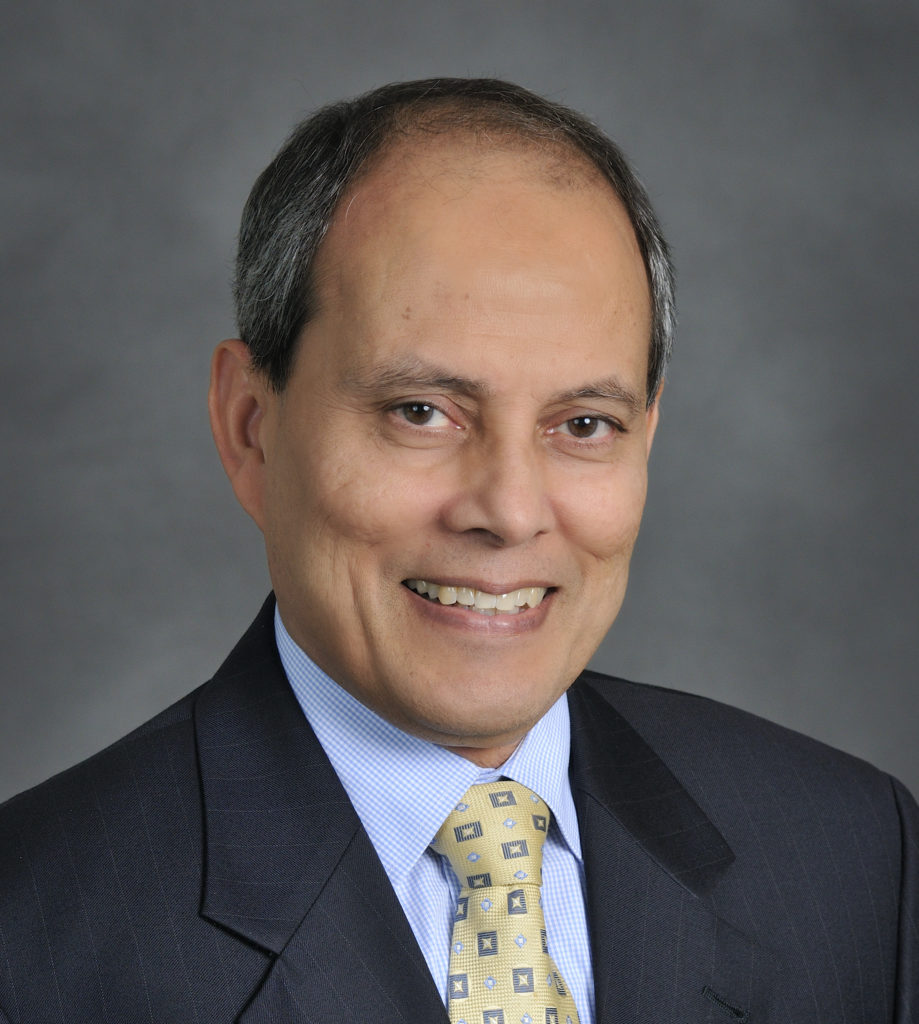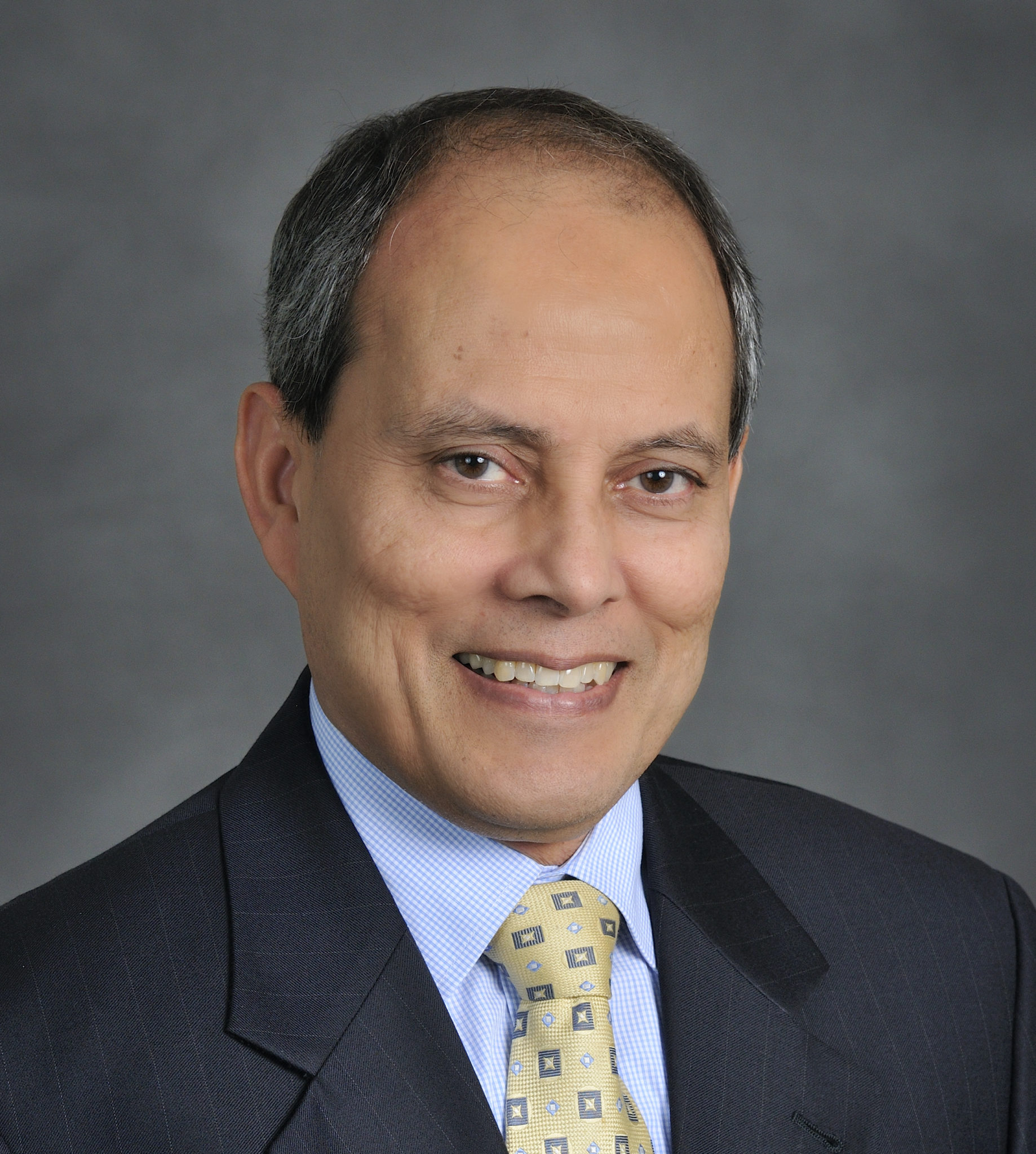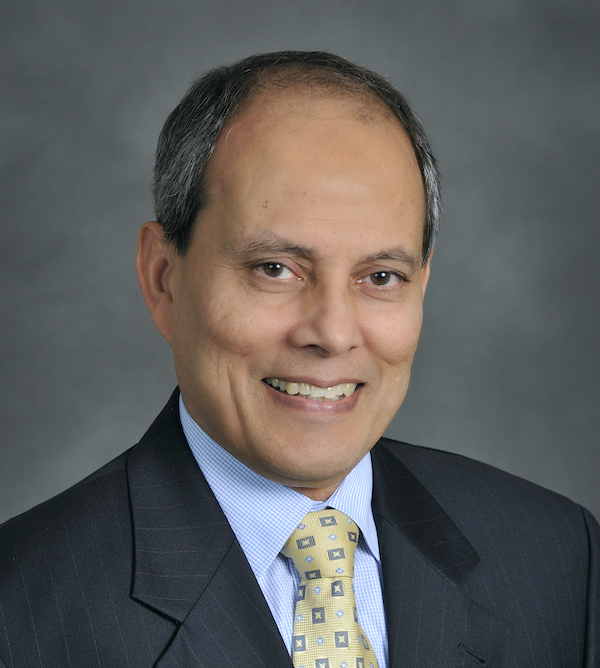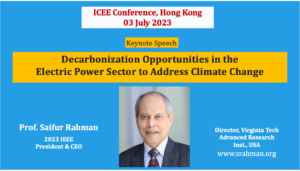03 July 2023
Hong Kong
Decarbonization Opportunities in the Electric Power Sector to Address Climate Change
Keynote Speech, ICEE Conference, Hong Kong
There is an unprecedented level of awareness of climate change and the role of decarbonization in enabling environmental sustainability moving forward. In particular, there has been a major focus placed on the carbon produced through electricity generation, as it is responsible for roughly 30% of emissions globally. While industrialized nations are slowly moving away from fossil-fuel based electricity, emerging economies are still heavily reliant on fossil fuels which are the most readily available electricity generation sources for them.
Thus, there is a tension that needs to be navigated if we are to meet carbon reduction targets – and they are, to be clear, shared targets. A nuanced approach to navigating this tension will see industrialized nation states collaborating with emerging economies to deploy a portfolio of solutions with low-carbon generation, storage and demand side management with advanced technology focusing on energy efficiency. To more efficiently facilitate the global shift towards renewable energy adoption, the below six areas should be our priority to address climate change.
Energy Efficiency Applications
Carbon Capture Systems
Renewable Energy Integration
Hydrogen and Storage Solutions
Cross-Border Energy Transfer
Advanced Nuclear Technologies
Keynote Speech, ICEE, 03 July 2023
Hong Kong
Saifur Rahman, PhD
Joseph Loring Professor & Director
Advanced Research Institute
Virginia Tech, USA
2023 IEEE President & CEO

Joseph R. Loring Professor of Electrical and Computer Engineering, Virginia Tech Arlington, Virginia, USA
(S’74-M’78-SM’83-F’98-LF’15)
<a href=”//ieeetv.ieee.org/player/embed_play/129366/auto” target=”_top”>test</a>
Saifur Rahman
Candidate for IEEE President-Elect 2021
Joseph R. Loring Professor of Electrical and Computer Engineering
Virginia Tech
Arlington, Virginia, USA
email:saifur.rahman@ieee.org
website: www.saifurrahman.org
Candidate statement (Saifur Rahman)
IEEE, the largest technical professional society in the world, has a very broad footprint while specializing in depth in most areas of electrical engineering. With almost 2,000 conferences, 150 magazines and journals, global standards activities and with five million articles in the IEEE Xplore digital library, the IEEE is a very complex organization. Members, and technology professionals in general, benefit from IEEE in many different ways. At the same time volunteers give their time and effort to keep the IEEE engine running. However, many other volunteers do not find the IEEE relevant to their work, or cannot benefit from the IEEE offerings.
As the President of IEEE, I promise to address this challenge through a sharp focus on the following which will ensure that the IEEE becomes more global and more relevant to technology professionals worldwide.
First, demonstration of relevance. There is a perceived lack of relevance of the IEEE membership to an engineer’s professional work. Through proactive outreach and by highlighting the benefits of IEEE membership – from unparalleled networking opportunities at almost 2000 international IEEE conferences (both face-to-face and virtual), access to the finest technological literature, massive resources for up-skilling, innovative collaboration facilities with like-minded colleagues worldwide, we can powerfully demonstrate IEEE’s immense value to current and prospective members.
Second, deeper engagement with technologists at the grassroots level. For IEEE societies, chapter members are our key resource. To provide a direct link between chapter leadership and the society governing board, I set up the highly effective IEEE Power & Energy Society Chapters’ Councils in China, India, Africa and Latin America that engage members, organize local events and reach out to local industry. I will mirror similar developments throughout IEEE.
Third, enhanced lifelong learning opportunities. One of the high-value opportunities IEEE members and non-members have expressed to me is lifelong learning, which IEEE can provide. I helped establish the very successful online PES University. This “university” offers tutorials, webinars and plain-talk courses in the Power & Energy Society’s field of interest. I will work on setting up an IEEE University encompassing all of IEEE’s fields of interest to support career development of practicing technologists.
Fourth, giving life to our motto, Advancing Technology for Humanity. The global events of the past several months have shown us that technologists have a role to play for humanity. The COVID-19 outbreak is bound to change our outlook, our focus, our future planning and the delivery of services. On another front – slightly longer term – IEEE members can help to mitigate the impacts of climate change on our lives and livelihood. Let us employ the matchless facilities IEEE offers to address the post-COVID ‘new normal’ supporting remote working, international collaboration, continuing professional development, and build a resilient future.
First: Demonstration of Relevance
There is a perceived lack of relevance of the IEEE membership in an engineer’s professional work. Through proactive outreach and demonstrating benefits of IEEE membership – from unparalleled networking opportunities at almost 2000 international IEEE conferences (both face-to-face and virtual), access to the finest technological literature, innovative collaboration facilities with like-minded colleagues worldwide, we can powerfully demonstrate IEEE’s relevance to current and prospective members.
Second: Deeper Engagement with Technologists at the Grassroots Level
For IEEE societies, chapter members are our key resources. To provide a direct link between chapter leadership and the society governing board, I set up highly effective IEEE Power & Energy Society Chapters’ Councils in China, India, Africa and Latin America that organize local events and reach out to local industry. I will encourage similar developments throughout IEEE.
Third: Enhanced Lifelong Learning Opportunities
One of the high-value opportunities IEEE members and non-members have expressed to me is lifelong learning, which IEEE can provide. I helped establish the very successful online PES University. This “university” offers tutorials, webinars and plain-talk courses in the Power & Energy Society’s Field of Interest. I will work on setting up an IEEE University encompassing all of IEEE’s fields of interest to support career development of practicing technologists.
Fourth: Giving Life to Our Motto - Advancing Technology for Humanity
The global events of the past several months have shown us that technologists have a role to play for humanity. Let us employ the matchless facilities IEEE offers to address the post-COVID ‘new normal’ supporting remote working, international collaboration, continuing professional development, and build a resilient future.
Thank You
I would like to thank almost four thousand friends, colleagues and students who signed in favor of my petition candidacy for IEEE President-elect election in 2020. As a result, I was able to collect enough signatures for my name to be added to the IEEE President-Elect candidates slate this fall. Ballots for the election will be released in early August. Voting will begin on 17 August and end on 01 October noon EST US.
As the IEEE President my focus will be to make IEEE more global so that IEEE is more relevant to the work our members do. Also, I will work to get more participation from volunteers in Europe, Africa, Latin America and Asia in IEEE governance. A broader based IEEE will make the Institute more relevant to technologists and academics from all parts of the world. My Facebook page is https://www.facebook.com/SRahmanPES/


Saifur Rahman
Joseph R. Loring Professor of Electrical and Computer Engineering, Virginia Tech Arlington, Virginia, USA
Candidate Statement
Professor Saifur Rahman is the founding director of the Advanced Research Institute at Virginia Tech where he is the Joseph R. Loring professor of electrical and computer engineering. He is a Life Fellow of the IEEE and an IEEE Millennium Medal winner. He was the President of the IEEE Power and Energy Society (PES) for 2018 and 2019. He was the chair of IEEE Publications Board and a member of the IEEE Board of Directors in 2006. He was the founding editor-in-chief of the IEEE Electrification Magazine and the IEEE Transactions on Sustainable Energy. He served as the chair of the US National Science Foundation Advisory Committee for International Science and Engineering from 2010 to 2013. He is a Distinguished Lecturer for the IEEE PES, and has lectured on smart grid, energy efficient buildings, renewable energy, demand response and distributed generation topics in over 30 countries on all six continents.
- Tab Title 1
- Tab Title 2
- Tab Title 3
The Ultimate Addons For Elementor
Add a strong one liner supporting the heading above and giving users a reason to click on the button below.
Button TextAccordion item title
this is a test
Accordion item title
Accordion content goes here!
Progress Bar
06/28/2020
An Energy Internet Platform for Sensor-driven Transactive Energy Applications
IEEE PES China Chapters’ Council
For over a century, the structure of the electric utility business has been a supplier-driven model with consumers receiving and paying for electricity without any participation in how the electricity is produced, transmitted, or delivered. However, advances in renewable energy technologies
06/28/2020
An Energy Internet Platform for Sensor-driven Transactive Energy Applications
IEEE PES China Chapters’ Council
For over a century, the structure of the electric utility business has been a supplier-driven model with consumers receiving and paying for electricity without any participation in how the electricity is produced, transmitted, or delivered. However, advances in renewable energy technologies

